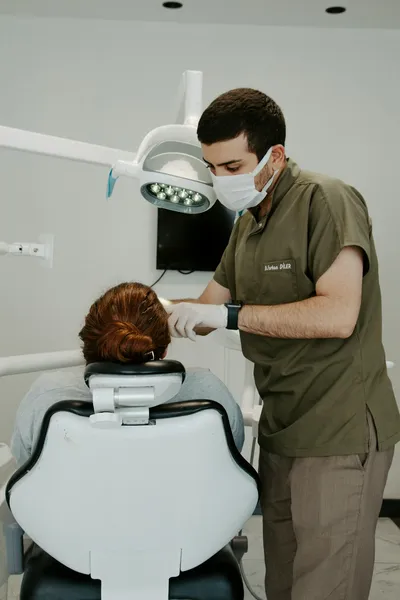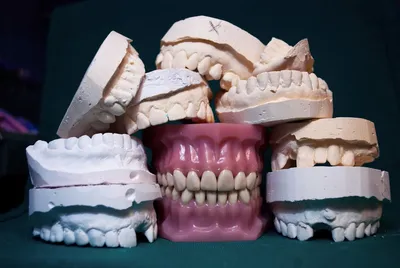Maximizing Comfort with Your New Dentures: Adjusting Tips for a Perfect Fit

Understanding the Importance of Denture Fit
When you receive new dentures, ensuring they fit well is crucial for both comfort and oral health. Poorly fitting dentures can lead to sore spots, difficulty chewing, and even affect your speech. It's important to understand the steps involved in adjusting your dentures for a secure, comfortable fit.
Tips for Adjusting New Dentures
1. Give Yourself Time to Adjust
It's normal for new dentures to feel strange initially. Give yourself time to get used to them. Start by wearing them for short periods, gradually increasing the duration as your mouth adapts.
2. Practice Speaking and Chewing
Speaking and chewing with new dentures can be challenging initially. Practice speaking slowly and chew on both sides of your mouth to evenly distribute pressure. You might find that adjusting your food choices initially, sticking to softer foods, can help ease the transition.
3. Identify and Address Pressure Points
If you notice sore spots or irritation, these are pressure points that need adjusting for better fit and comfort. Don’t hesitate to visit your dentist for any necessary adjustments. Regular check-ups can ensure your dentures are optimized for comfort and function.
Regular Care and Maintenance
Like any dental solution, regular care and maintenance are key to maintaining your dentures. Clean them daily with a soft-bristle brush and a non-abrasive denture cleaner. Soaking them overnight can help retain their shape and keep them fresh.
When to Seek Professional Help
Adjusting new dentures might require professional help beyond home remedies and personal adjustments. If discomfort persists or your dentures feel too loose even after self-adjusting, it’s essential to reach out to your dentist. They have the tools and expertise to refine the fit for optimal comfort.
Conclusion
Adjusting to new dentures takes a bit of time and patience, but with the right approach, you can significantly enhance your comfort and oral health. By practicing daily wear, maintaining diligent care, and seeking professional help when needed, you ensure a smoother transition and a better overall denture experience.
Popular Dental Implant Articles
Check out our most popular articles on dental implants and dentures, trusted by our readers for reliable information.



